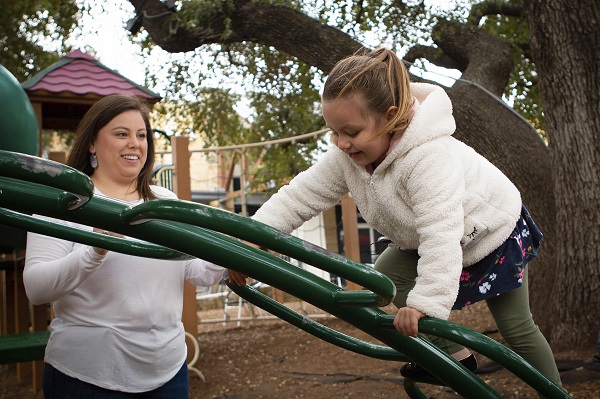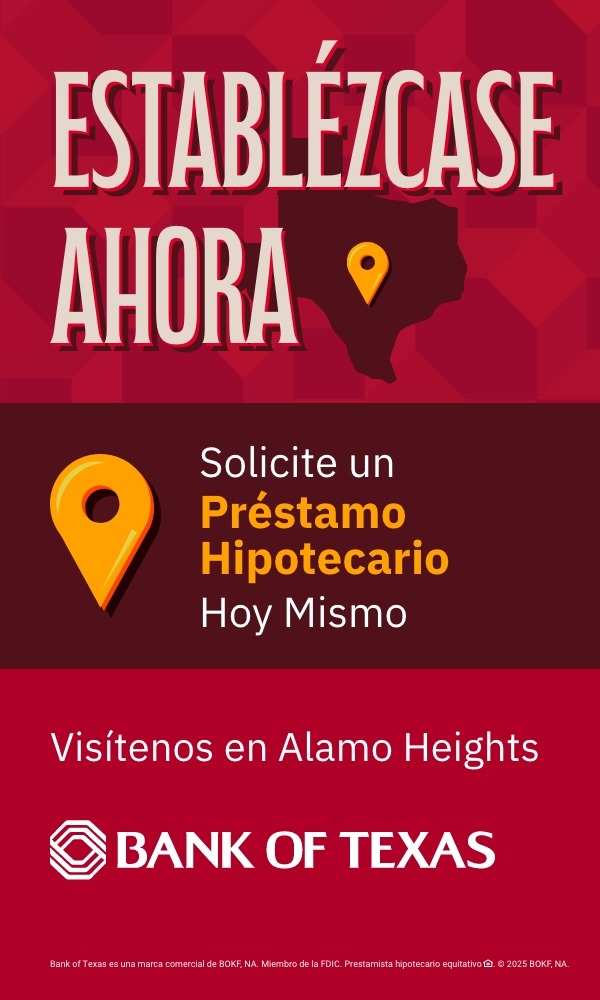Posted By Dr. Ricardo Romo
This year Latinos are celebrating Mothers’ Day in highly troubling times. The Covid-19 Pandemic is one of the greatest American health and economic crises of the last 100 years. The nation’s death total exceeds 70,000 and unemployment levels are nearly equal to those of the Great Depression era.
For mothers who work, being on the job, in addition to homeschooling responsibilities and constant child care demands, has placed unprecedented physical and mental burdens on them.
 While many Americans are suffering from job losses, many Latina mothers continue to supply our nation’s homes with food, and to supply the labor in the essential employment sectors. Nonetheless, Latinas working in the service, warehousing, food, and other essential industries have a daily fear of going to work. They have every reason to be worried. Latino and Black Americans are now the most vulnerable of all ethic groups to become a victim of Covid-19, and their death toll supersedes that of white Americans.
While many Americans are suffering from job losses, many Latina mothers continue to supply our nation’s homes with food, and to supply the labor in the essential employment sectors. Nonetheless, Latinas working in the service, warehousing, food, and other essential industries have a daily fear of going to work. They have every reason to be worried. Latino and Black Americans are now the most vulnerable of all ethic groups to become a victim of Covid-19, and their death toll supersedes that of white Americans.
My mother, Alicia Saenz Romo, experienced several crises in her lifetime. She lived through two of the worst eras in American modern history. She was a young child during the Great Depression, a time when more than half of America lost their jobs. Poverty rates reached unbearable levels. She came of age when Nazis invaded Europe, and war with Japan sent her husband Henry Romo to fight in WWII in the Pacific war front.
Mom had an incredible work ethic. Alicia Romo raised five children and worked outside the home nearly everyday of her life. My mom guided us during difficult times and gave us all great counsel as we moved from childhood to adults. She never missed an opportunity to help her family and always found time to praise her children. She lived a life dedicated to her children, her work, her friends, and her faith.
My mom, Alicia Romo, was born in 1921 in the Westside of San Antonio. Her parents came to Texas in 1901 to work in the ranches of South Texas. Her dad worked with horses and her mom cleaned houses and cooked. In the 1920s they gave up rural life and moved to San Antonio.
There was nothing easy about growing up in this era, but the Great Depression years in San Antonio were especially hard. Alicia Romo, her parents, and her nine siblings, all lived their entire lives in San Antonio’s Westside. Once her siblings married, they moved to a half dozen neighborhoods, which meant we saw some of her family frequently, but not all the time.
 Mom wanted to make sure we saw as much of her cousins and aunts from the Saenz family as we saw of the Romo family. She had her work cut out for her. There were thirty-eight Romos within two blocks of my home on Monterey Street. My dad’s parents and four brothers and sisters lived very close—so close it was almost a compound, and we grew up with those cousins.
Mom wanted to make sure we saw as much of her cousins and aunts from the Saenz family as we saw of the Romo family. She had her work cut out for her. There were thirty-eight Romos within two blocks of my home on Monterey Street. My dad’s parents and four brothers and sisters lived very close—so close it was almost a compound, and we grew up with those cousins.
As a child my mom experienced lots of love, but her family had very little money. She left school at age eleven to help boost the family income. She shelled pecans, and in the spring and summer months, went with her dad and other sisters to pick cotton. As a young teenager, she entered the workforce as a seamstress. In her spare time she helped her mother run a small mom and pop grocery store.
My mom married at age twenty, four years after meeting my dad in the cotton fields of South Texas. When my dad went into the service, she helped her parents in their small grocery store while raising two children. She helped my dad start a small grocery business when he returned from the Army Air Corp.
She stayed active in the grocery business while
raising five children. In the late 1960s my parents closed
their store after twenty five years of operation and began
construction of a restaurant on Highway 281 South. Mom had a sixth grade education, but helped to design the building, insisting, for example, on the addition of arches along the restaurant entrance similar to ones she had seen in Mexico. Her restaurant, La Cabana, was sold this year after 49 years of ownership by the family.
My mother strongly believed in self improvement and
constantly strived to enhance her restaurant. She had an amazing memory and could remember and reconstruct dishes her mom prepared 40 years earlier, as well as dishes she had sampled in restaurants over her lifetime. She never used a recipe but could measure her ingredients by instinct.
Her talent for running a successful restaurant came
down to three simple rules: prepare fresh and tasty food for your customers; treat all the customers with respect; and never spend more money than you make. For 25 years we did not celebrate Mother’s Day because she cooked for her customers, and Mother’s Day was a
popular day at her restaurant. She spent the day in the restaurant kitchen preparing special dishes for her customers, many who came on a weekly basis.
Mom especially valued education, perhaps because
she had to abandon her studies to help contribute to her
family finances. She made sure her children all finished high school and attended college. She set aside her fear of flying to attend our son’s graduation ceremony from Stanford; and jumped for joy when our daughter earned a Phd from Harvard.
Mom passed away in 2010 at the age of 89. She was
a role model for me, her children, grandchildren, and her friends. She cared for us and taught us much about work and life. I think about her every day, but especially on Mother’s Day.
Photo credits: Ricardo Romo collection
- Romo’s Grocery Store on Guadalupe Street–co-founded by Henry and Alicia Romo
- Alicia Saenz Romo in her early 20s.
- Alicia and Henry Romo, Sr. with their children in front of their restaurant.
- La Cabana Mexican Restaurant on Hw. 281 South designed by Alicia Romo










